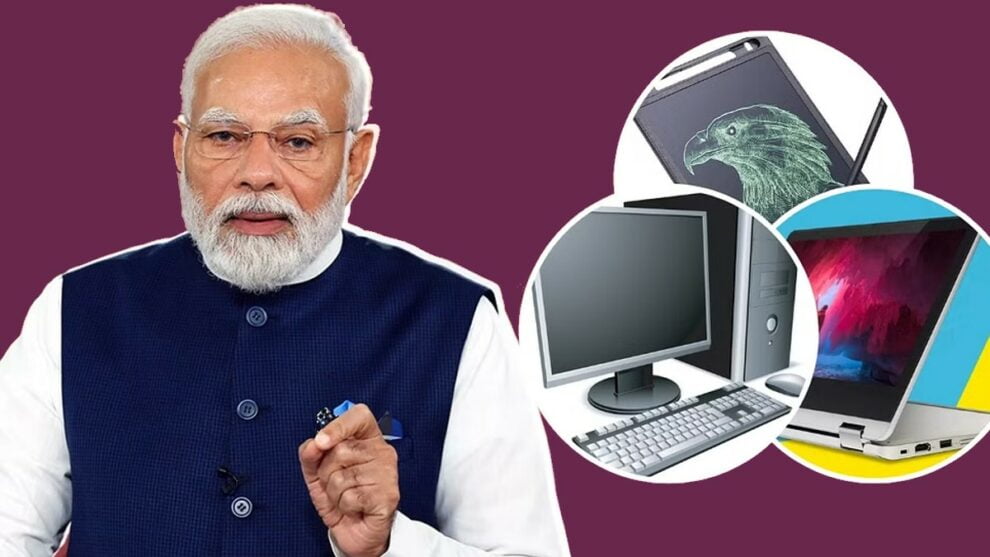In the pre-1991 era, Indian governments routinely relied on repressive policies such as quotas and higher tariffs in order to curb imports. Infosys founder N R Narayana Murthy once famously recounted how he had to wait for three years and undertake several trips to Delhi to import a computer because of the strict licensing regime.
The adverse consequences that such policies had on the economy have been well documented. Despite that, in a move that harks back to this socialist past, the government of India on Tuesday issued an order requiring licences to import laptops, tablets and other devices with immediate effect. This could open the door for imposition of similar licensing requirements in other sectors, increasing the space for bureaucratic discretion. Such controls on economic activities will only diminish the vibrancy of the economy that was unleashed after the ’91 reforms.
The move is ostensibly aimed at promoting domestic manufacturing and curbing imports from China. In 2022-23, imports of personal computers, laptops etc stood at $5.3 billion, with China accounting for an overwhelming share of these. However, as no warning or time has been given to equipment manufacturers (as per some reports, the government might delay its implementation by at least a month), this decision will lead to unnecessary disruption in the immediate term, create supply shortages and drive up prices of equipment. While it may force companies to manufacture in the country considering the huge market that India offers, there may be cost disadvantages.
Source : India Express









